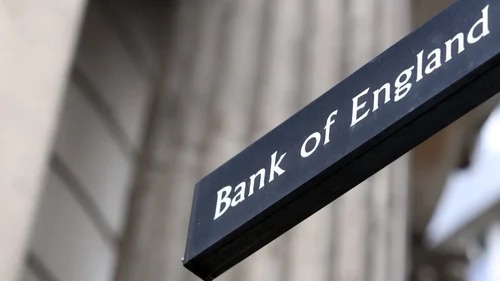In recent statements from Megan Greene, a member of the Bank of England, she indicated a sense of doubt and uncertainty regarding the main reasons behind the weakness of the British economy. Despite efforts to analyze the economic situation, it remains unclear whether the slowdown is due to a decline in demand or weak supply. This ambiguity raises questions about how to address these economic challenges in the UK.
Greene explained that the biggest concern lies in weak productivity growth, which could have negative impacts on the British economy in the long term. She also noted that changes in the government budget may complicate the economic situation further, adding more pressure to economic policies in the UK.
Regarding global impacts, the Bank of England member discussed the American tariffs that remain a major source of uncertainty, stating that the bank cannot determine how these tariffs will affect the British economy in the future. This reinforces the uncertainty facing the British economy amid ongoing global trade changes.
As for inflation, Greene clarified that inflation in the UK may remain high for some time, but an expansion in the output gap could help bring inflation back to targeted levels in the future. She also predicted that the labor market in the UK would experience a slow decline with a slowdown in wage growth in the upcoming period.
The economic challenges facing the Bank of England in the UK remain a complex topic, making it difficult to predict how these factors will impact the stability and future growth of the British economy.











